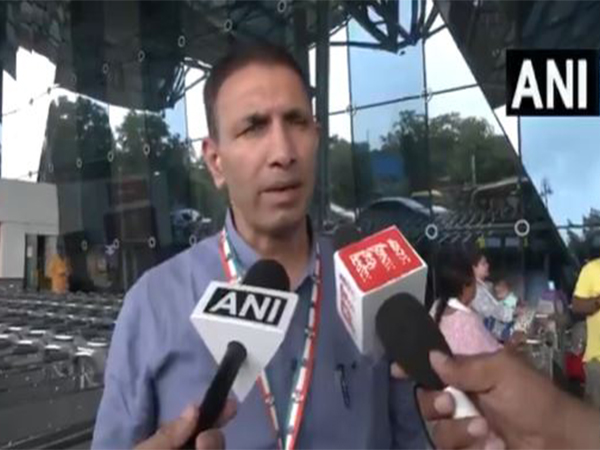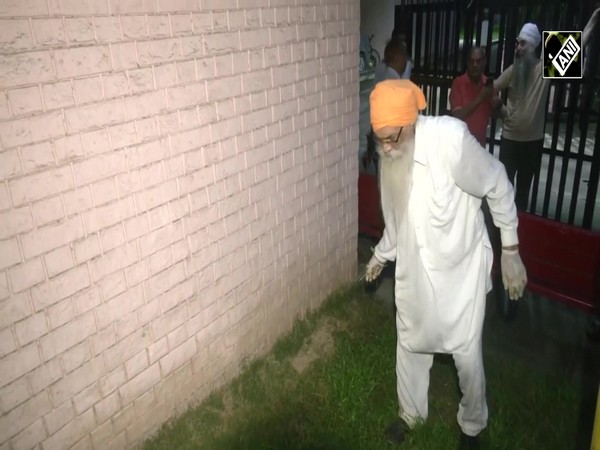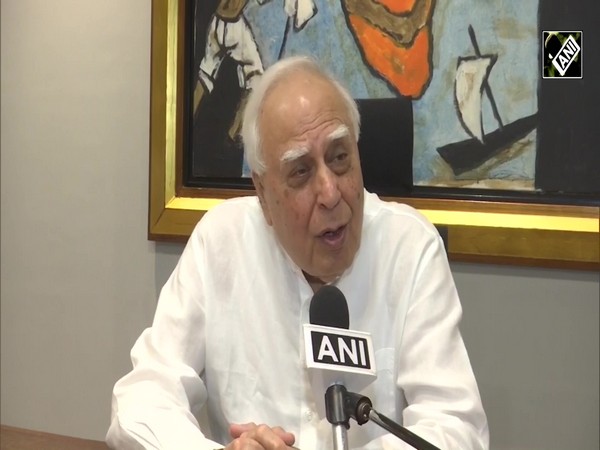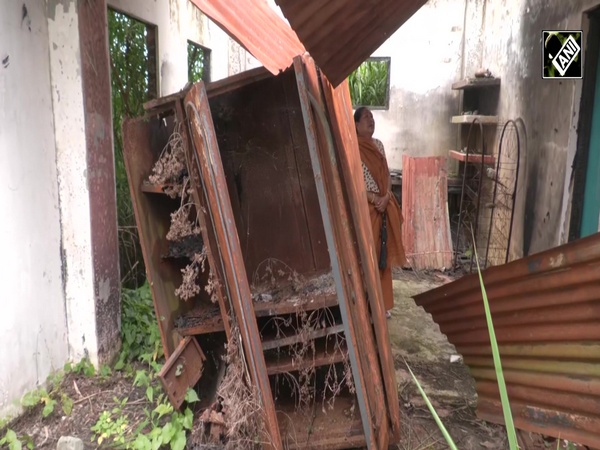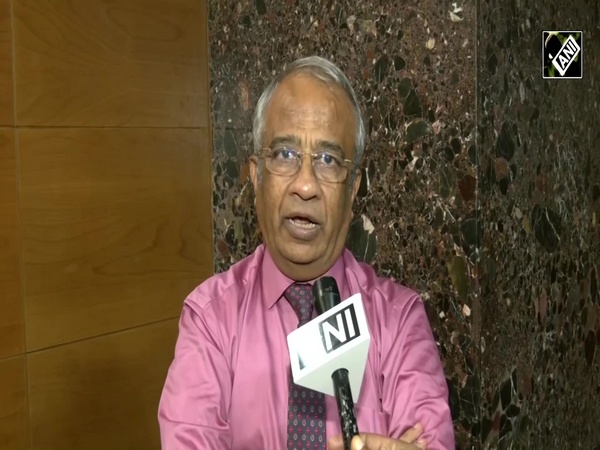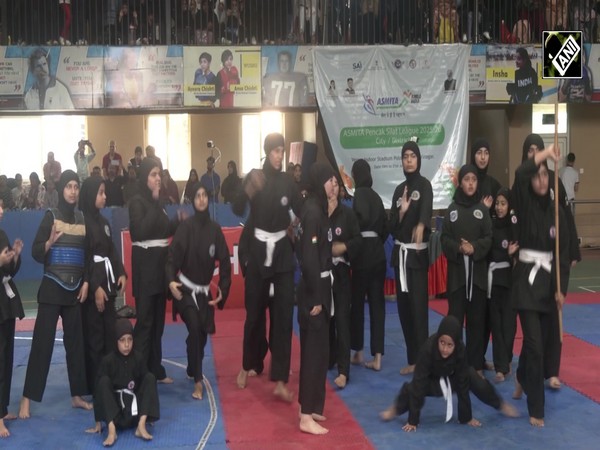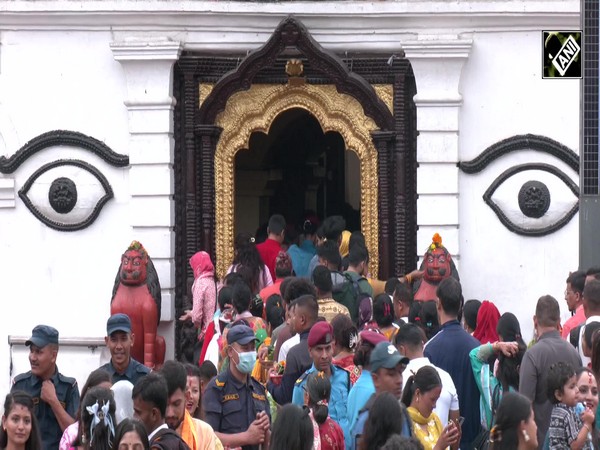Bills should be passed on basis of debate, public interest, not just majority: Rajasthan Guv
Jan 12, 2023

By Nishant Ketu
Jaipur (Rajasthan) [India], January 12 : Rajasthan Governor Kalraj Mishra on Thursday said the concerns of public interest should be given due consideration while passing the bills related to various ministries by the Parliament and State Legislatures.
The Governor's remarks came while addressing the closing ceremony of the All India Presiding Officers' Conference.
"When a bill is passed in the Houses, the majority should not be the main basis, its main basis should be healthy debate and the main basis of the bill should also be justification related to the public interest," he said.
Mishra also expressed his concern over the role of the Governor being questioned by various parties on several occasions, especially on the issue of passing a bill or an ordinance.
"No bill passed in the Parliament or the Legislative Assembly can become an Act unless the Governor gives his assent to it. Many times it is alleged that the governor is deliberately stalling the bill or delaying its passage. In this regard, it needs to be understood that the Bill which is sent to the Governor, has to be seen by the Governor completely. Its effect on the public and legal procedures also has to be considered very minutely. Unless the bill is found to be legally complete in public interest, then there is no justification for passing it," he said.
"The governor is not a person, he is a constitutional body and when he is satisfied on constitutional grounds that the ordinance is justified, then only he gives his assent. If this does not happen, then he can amend it and ask to send it again, this is the constitutional system, which needs to be understood," the Governor added.
Expressing his concerns over the growing practice of various state governments not ending the assembly session on several occasions, he said that the power to summon the assembly session on the recommendation of the state government is vested in the governor.
"Normally the Legislative Assembly sessions are convened thrice in a year. The budget session, the monsoon session and the winter session are the main ones in which the houses are convened three times. A session can be called anytime for any special reason. But I have also realized here that after calling the session, the session is not prorogued. The practice of calling the session directly without proroguing it is dangerous for democratic systems. This violates the rights of legislators to ask questions," he said.
The Governor further said that when the House is not prorogued, several sittings of the same session go on, due to which the legislators do not get additional opportunities for the prescribed number of questions.
"Constitutional processes are not completed. That's why the legislative assemblies should be prorogued and a new session should be convened-this needs serious attention," he said.
Mishra also stressed on increasing the number of sittings of the assembly and better conduct by the members inside the house and said that due to a number of sittings of the Vidhan Sabha, sufficient time is not available to raise many problems of the deprived and weaker sections of society.
"Many issues related to public interest remain neglected. There will be more meetings only then the significance of this House will remain," he said.
He further said that the public sends MLAs to the House by electing them with great expectations and hopes.
"It is expected from him that he should raise the burning issues of public interest in the assembly and not only raise them but also work for the solution," the Governor said.
Notably, the All India Presiding Officer's Conference held in Jaipur concluded today. Various topics like the role of the Legislature and Judiciary, meaningful discussion in the House, participation of members and their behaviour were openly discussed in this conference.
In this, all the presiding officers unanimously agreed that the Judiciary should not interfere in the work of the Legislature and should work within the limits of the Constitution.







